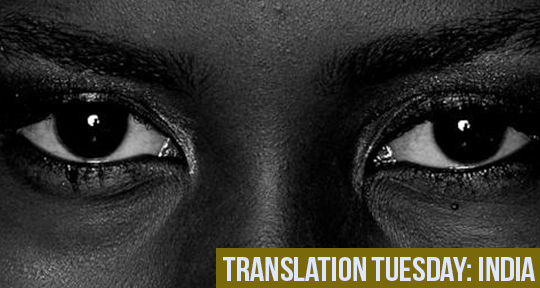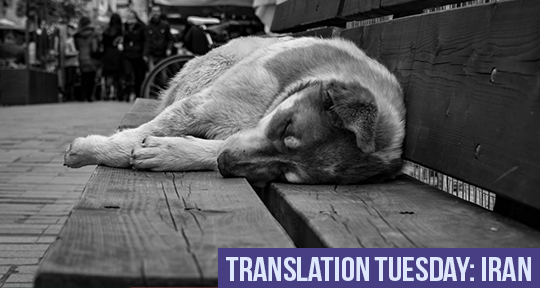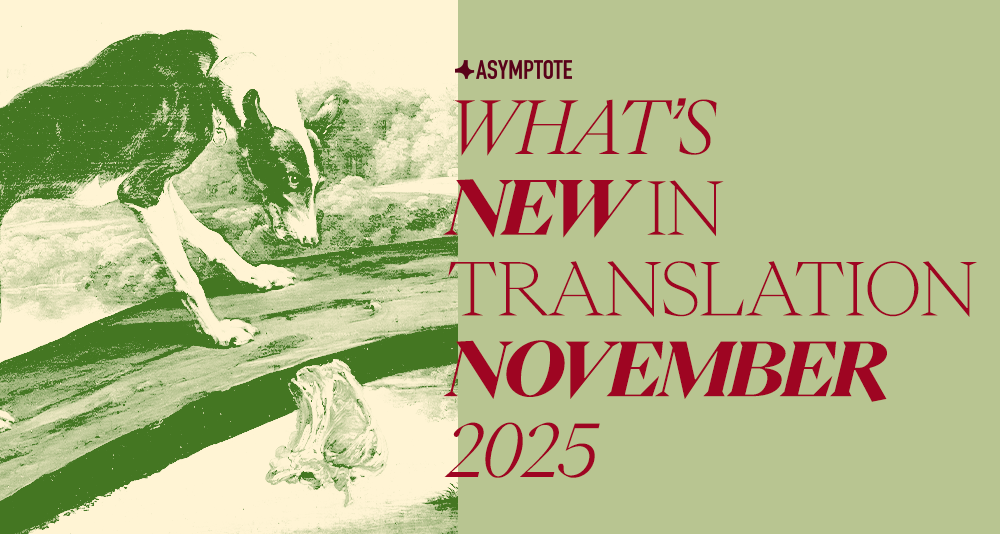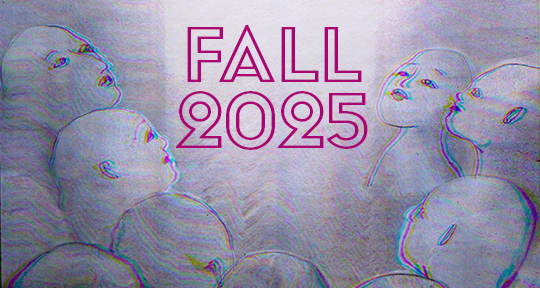This week’s dispatches from our editors-at-large make clear the power of literature in translation to cross borders and enlarge perspectives. From a report on a beloved literary festival that feels like a trip around the world, a breakout hit that is bringing local literature to a global stage, to an award ceremony honoring a novel that will reach millions held while its author was in solitary confinement, read on to find out more.
Shatha Abd El Latif, Editor-at-Large, Reporting on Palestine
Basem Khandakji, freed Palestinian prisoner and Arabic Booker Prize winner, is set to release the first translation of his novel A Mask, the Colour of the Sky in English come March 2026. Khandakji won the Arabic Booker for this work back in 2024 while he was still imprisoned by the Zionist authorities before his was freed as a part of prisoner exchange deal and exiled to Egypt in 2025. In the wake of the Booker Prize win, Khandakji was punished with solitary confinement for twelve days. (Khandakji is not the first imprisoned Palestinian writer to be the subject of colonial torture following a historic achievement; Walid Daqqa, author of The Oil’s Secret Tale, and his family were attacked by Israeli police after his work was published from prison.) Khandakji’s family, radical bookshop owners in the eastern side of Nablus, Palestine, received the award on his behalf in Abu Dhabi.
Translated by Addie Leak and published by Europa Editions, the prison-born 2023 text will become available to Anglophone readers for the first time three years after its publication by Dar Al Adab in Beirut, Lebanon. Khandakji’s novel is the first in a trilogy, the final book of which will become available to readers in Arabic early this year. Khandakji’s epic work, concerned, in entangled ways, with ruthless and wresting truths about language, identity and the terrors of Zionism in Palestine, is coming out in English at a boiling point in history. As states and institutions become more hostile against Palestinians by the hour, one wonders what new trajectory will Khandakji’s work take in this light. READ MORE…













